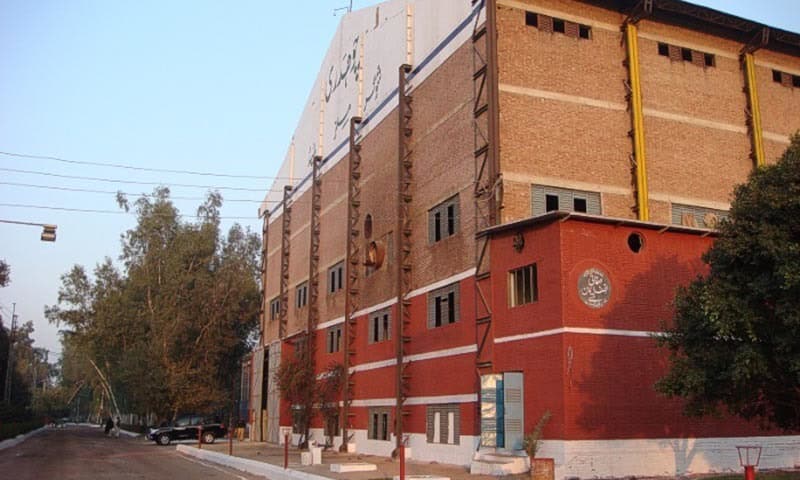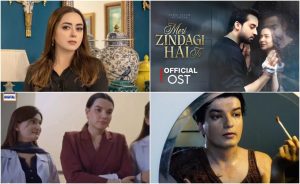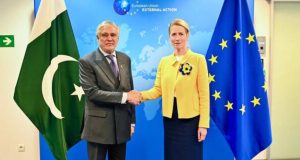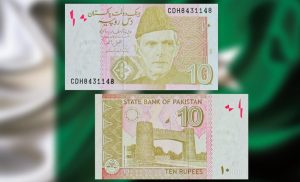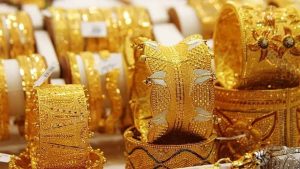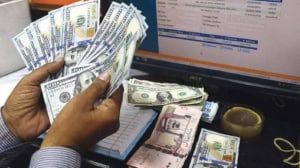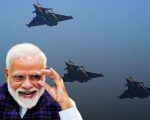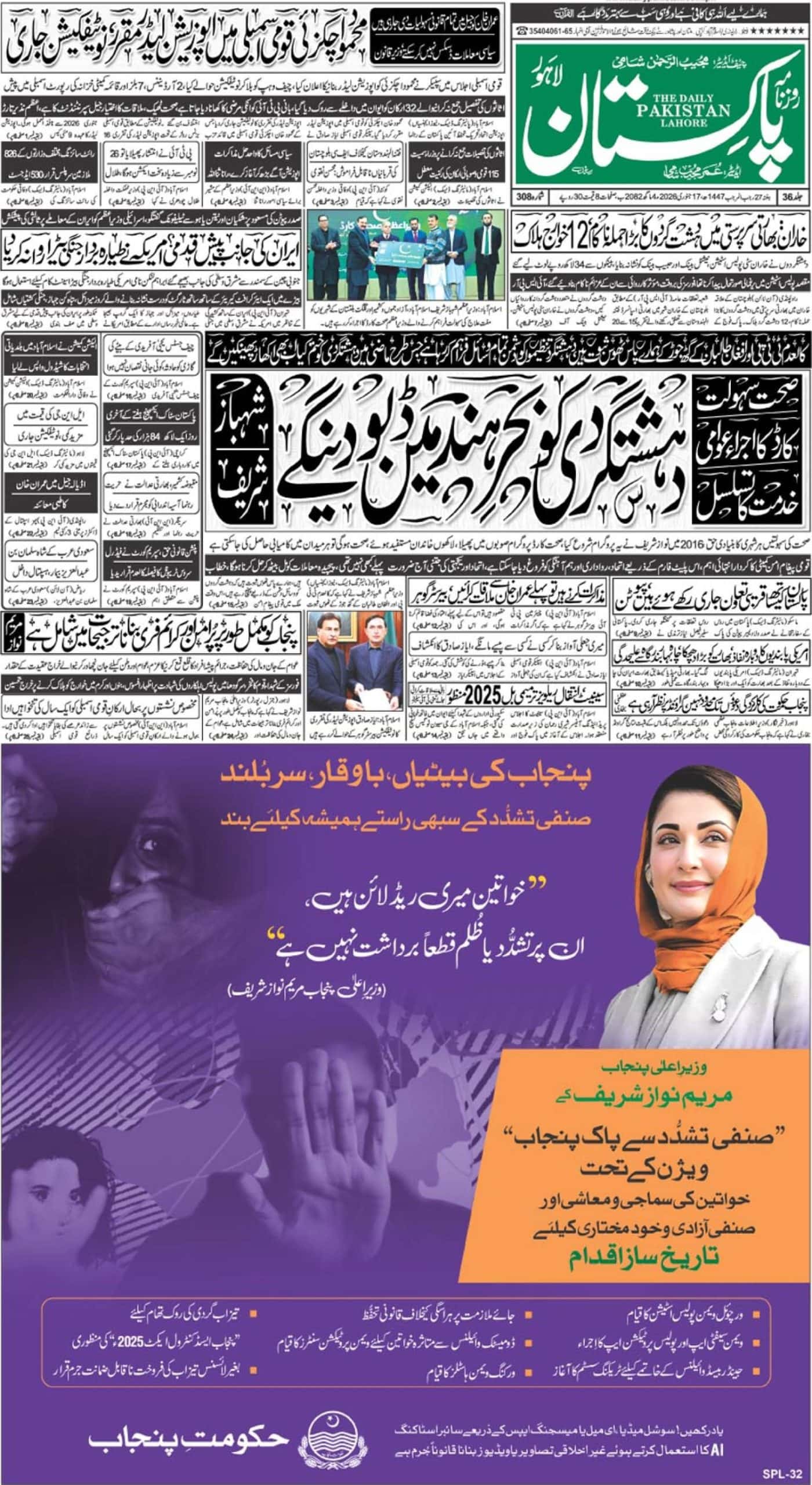ISLAMABAD – The six-member Joint Investigation Team formulated by the Supreme Court of Pakistan in the backdrop of Panama papers case has received the record of Hudaibya Paper Mills from Securities and Exchange Commission of Pakistan (SECP).
According to a report by Dawn News, Abid Hussain, SECP’s executive director and head of the department of corporate supervision department submitted the Hudaibya Paper Mills records to the JIT that has almost completed half of its work.
The paper mills case echoed during the proceedings of the apex court last year. It basically relates to the confessional statement of Ishaq Dar who admitted to laundering Rs1.2 billion and opening fake bank accounts at the behest of the Sharif family.
Dar, a close confidante of Sharif family, later retracted his confessional statement claiming that it was taken under duress.
Sources privy to the developments said the SECP had provided the investigation team with the annual returns, financial reports of the Hudaibya Paper Mills, details of its authorised and paid-up capital each year, and details of shareholders as well as owners and directors.
They said the SECP had also provided original reports of audited accounts of each fiscal year, reports on the financial health of the paper mills, details of taxes deposited with the exchequer and details of various transactions.
The JIT had earlier obtained from the National Accountability Bureau (NAB) investigation reports, certified copies of the Hudaibya Paper Mills case and attested order sheets of the accountability court as well as copies of proceedings of the Lahore High Court (LHC).
Hudaibya Paper Mills Case
Apart from being in the good books of Nawaz Sharif, Dar’s role for investigating the money trail of the first family becomes more central as he spilled the beans regarding money laundering during the second stint of prime minister Nawaz Sharif with respect to the Hudaibya Paper mills case.
It bears mention that the Hudaibya Paper mills case was discussed rigorously in the Supreme Court as well. Incumbent finance minister Ishaq Dar had alleged before a magistrate back in 2000 that the Sharif brothers used the Hudaibya Paper Mills as a cover for money laundering during the late 1990s.
In his confessional statement on April 4, 2000, in connection with the Hudaibya Papers Mills Limited (HPML) case, Dar said that he had good relations with Masood Ahmed Qazi since 1970 and during his stay in London in early 1970s, he was staying with the Qazi family at Ilford, Essex (1970-72).
In his statement submitted before NAB that rocked the political corridors, Dar said, “Masood Ahmad Qazi belonged to a middle-class family and he used to treat me as one of his family members.”
Dar went on to say, “As far as their financial status in the year 1992 is concerned, according to my information there was no significant improvement in the previous status of the middle-class family.”
The finance minister stated that he established a Modaraba company named First Hajveri Modarba Company (FHMC), a Non-Banking Financial Institution (NDFI) in 1990 and the company started its operations next year with a paid up capital of Rs150 million, Dawn news reported.
He said that Nawaz Sharif had been his batchmate at Govt College Lahore during 1964 to 1966, “However, we had no intimacy at the time.” He came closer to Sharif family in 1990 after he was being recognised at the national level, particularly for his suggestions on national budgets, reads the statement.
According to the document, Dar introduced the Qazi family to Nawaz Sharif and Shahbaz Sharif in 1990 at a function in Lahore.
“In early 1992, Mian Nawaz Sharif, who was then prime minister of Pakistan, contacted me and requested to provide credit line of approximately Rs100 million to the business concerns of his family, from my Modaraba… subsequently, he sent me photocopies of the passports of Mrs Sikandar Masood Qazi, Nuzhat Gohar, Talat Masood Qazi and Kashif Masood Qazi (family members of Masood Qazi).
“He asked me to open/operate foreign currency accounts in their names in different banks with the foreign currency funds provided by the Sharif family,” it reads.
Following the presentation of details of transitions and other financial matters, Dar said: “They (Sharifs) made all this arrangement as they could not have explainable sources of these funds which ultimately landed in one of their companies.”
Qatari Letter
The Joint Investigation Team also examined the reply by Qatari prince Hamad bin Jassim bin Jaber Al-Thani in response to the message transmitted by the investigative body.
According to unconfirmed reports, the Qatari prince has refused to visit Pakistan to record his statement before the JIT apparently due to the leaked picture of Hussain Nawaz.
Jaber al-Thani had come to the rescue of the ruling family during the Panama case hearing in the apex court in November last year.
The Qatari prince in question had forwarded a letter during the proceedings in Supreme Court last year in which he stated that the London flats were gifted by the Qatari royal family.
The letter addressing the apex court states that in 1980, Mian Muhammad Sharif (Nawaz Sharif’s father) invested 12 million Dirhams in the Al Thani company belonging to the Qatari prince’s father. “In the year 2006, the accounts in relation to the above investment were settled between Hussain Nawaz Sharif and Al Thani family, who then delivered the bearer shares of the companies referred in para 4 above to a representative of Hussain Nawaz Sharif,” the letter read.

The Supreme Court in its April 20 judgment had discarded the letter that apparently was the fundamental point of Sharif family’s money trail.

